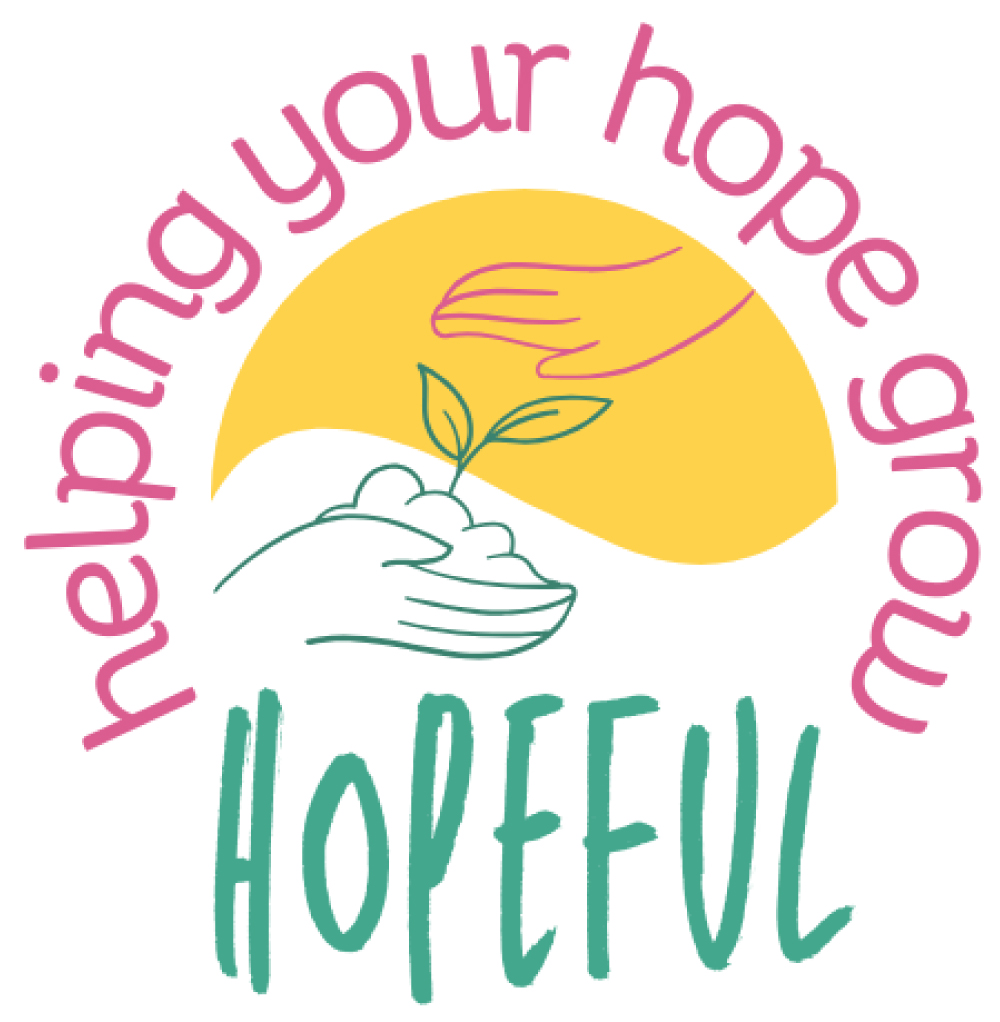The purpose of Module Five (My Hope Network) is for the young person to:
- Learn how social relationships affect hope and identify how people around them support their hope
- Practice communication skills for healthy relationships
- Identify ways in which they could seek more hope support
Support should help you to be independent, but also inter-dependent. We all need other people. We could push too far in independence. Inter-dependence is important as well. It’s working out the connections and relationships people need, who could accompany them on that journey of re-establishing hope. Getting a stronger sense of their boundaries and not being reliant on other people for their self-esteem. Build their skills up around communicating.
Identifying hopeful network members
Social networks and relationships can be thought about in two ways. First, we can about individual people we know, that we talk or spend time with in person and/or online. Second, we can think about groups that we identify with. We don’t necessarily need to know or spend time with other people in these groups. For example, we might identify with a particular gender, sexuality, ethnicity, culture, political stance, or philosophy. We can strongly identify with these groups, i.e., feel connected and that we belong, without necessarily meeting or knowing other members. Module activities refer to both individuals and groups for this reason. If you are supporting an isolated young person, it might be especially helpful to support them to identify groups as well as any individual social relationships they do have.
It may be helpful to gently explore online safety with young people who interact with people or groups online that they have not met in person. We have included additional Module Resources about this below. It will be helpful to you to discuss these conversations and any concerns with your supervisor.
Some young people may not wish to talk about their own social relationships at all. They may experience relationship conflict, or feel awkward, e.g., perhaps you might be a part of their social network. If this is the case, they can complete activities in this module using hypothetical or example relationships. Some activities have been developed specifically to do this (e.g., activity 5.1), but other activities could be adapted in this way too.
I’m not entirely sure everybody in my life would necessarily support hopefulness. I think it could be more helpful theoretically using a made-up example, because that would take the pressure away. If you made someone up, and then you gave some imaginary examples in their life, rather than making it about that individual people that they know which can be more emotional. You can use those similar skills in your own personal life.
Healthy social relationships
This module focuses on communication skills that can help young people to have healthy social relationships. The module emphasises that hope-enhancing relationships are healthy relationships. However, we know that many young people do experience unhealthy, toxic and abusive social relationships. These may include relationships with individuals and with groups. If you feel that this may be the case for the young person you are mentoring, it will be important to gently help them to explore the role and impact of such relationships on them, their life, and their wellbeing and safety. We have included Module Resources below that might help with these discussions. It will be important for you to discuss these conversations and any concerns with your supervisor.
Additional Module Resources
|
Resource |
Use |
Location |
|
Expect Respect |
Leaflet with information and quizzes to help young people work out if they are experiencing an abusive relationship. |
|
|
Respect Not Fear |
Website with information about healthy and abusive relationships and behaviours, and sexual health and online and dating safety. |
|
|
Domestic Abuse |
NHS self-help guide. |
